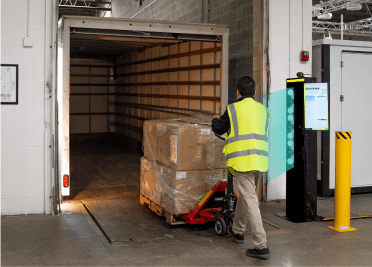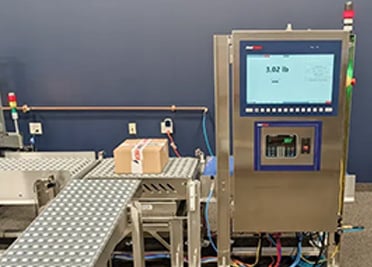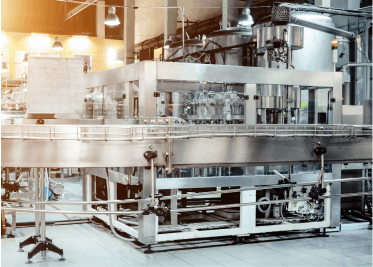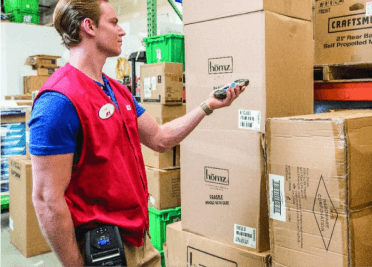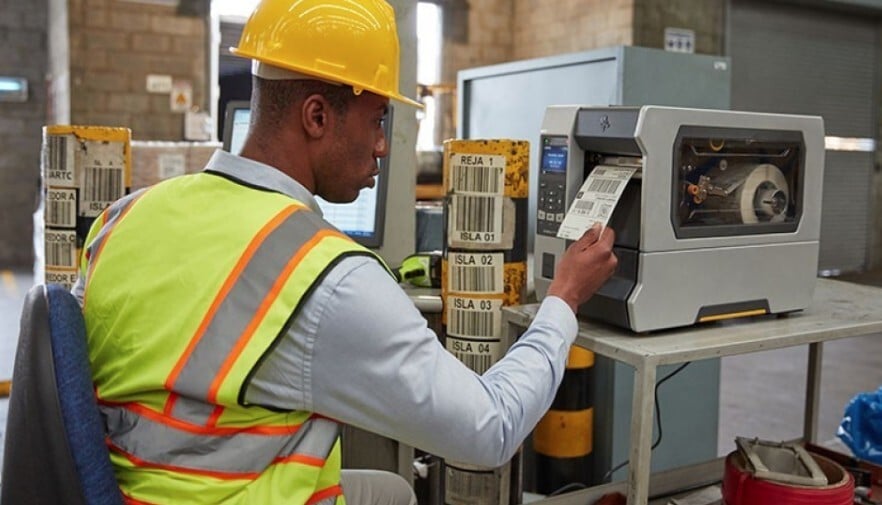Radio Frequency Identification (RFID) was developed in the world of logistics, as a way to track shipments. Today, RFID applications are even more innovative and in the healthcare industry, potentially life-saving.
You have likely used RFID in your own life and may not have even realized it. For example, when your tire is low on air pressure, you receive a signal through a light on your dashboard. This mechanism is powered by an RFID receiver within your vehicle’s computer.
The precision that RFID offers has proven to be revolutionary for hospitals. Here are five potential use cases for RFID in the healthcare setting.
RFID wrist-banding
Hospitals are now using RFID wristbands for maximum patient care and safety. Applying RFID technology to patient wristbands enables information to be available with one scan. Nurses and doctors can retrieve a full medication list, medical history and meal schedule. This reduces the time required for doctors to review charts and maximizes their time available for greater care.
Ensuring safe injections
Another benefit of using wristbands in healthcare facilities is to increase injection accuracy. A mistake in medication dosage can be fatal to a patient, reason being why one hospital in Tokyo is using RFID technology to decrease those errors. A handheld reader scans patients’ wristbands with RFID tags and syncs up with each patient's’ medical records. The records then reflect the injection dosage, as well as update the hospital’s inventory system.
Medical equipment and instrument management
RFID technology helps healthcare professionals keep track of the many instruments they use. During surgery, nurses and doctors use many instruments and there is an inherent risk of those instruments being left in patients during operation. RFID tracking on each instrument allows the staff to ensure all instruments are accounted for post-surgery.
Infection control
When a contagious and dangerous disease is discovered in a hospital, it is important to isolate those who have been in contact with the infected person(s). In a busy environment like a hospital, this can be an extremely difficult task. However, hospitals are now equipping their staff and patients with RFID tags to allow for the data to quickly and easily relay who may be at risk and who needs to be screened.
Prescription drug tracking
A national requirement to ‘track and trace’ prescription drugs through identification was recently enacted. Through the use of RFID technology, drugs will be tracked by expiration date, number and points of contact and other pertinent information to the ‘tracking and tracing’ of the drugs. This has many important implications, including reducing prescription drug theft and overdose.
Contact us today to learn more about our RFID services.
